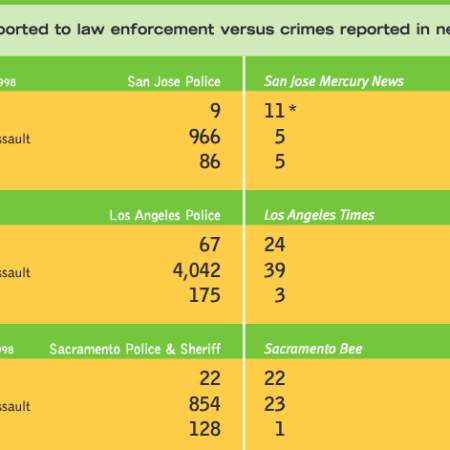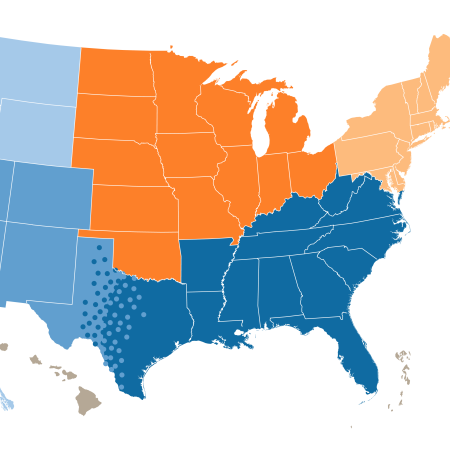
Author: Jane Ellen Stevens
publisher of ACEsTooHigh.com, long-time health/science/tech journo


To prevent mass shootings, don’t bother with motive; do a forensic ACEs investigation

Research shows only a tiny percentage of physicians integrating PACEs science

How Vladimir Putin’s childhood is affecting us all

Dear Gannett: Great start! Now go the distance.

Think you know something about historical trauma? PACEs Connection’s ‘Historical Trauma in America’ series promises to be an eye-opener

Donald Trump’s ACEs; the mob’s ACEs

Bad news-good news: Each additional ACE increases opioid relapse rate by 17%; each ACE-informed treatment visit reduces it by 2%

The myth of motive in mass shootings
